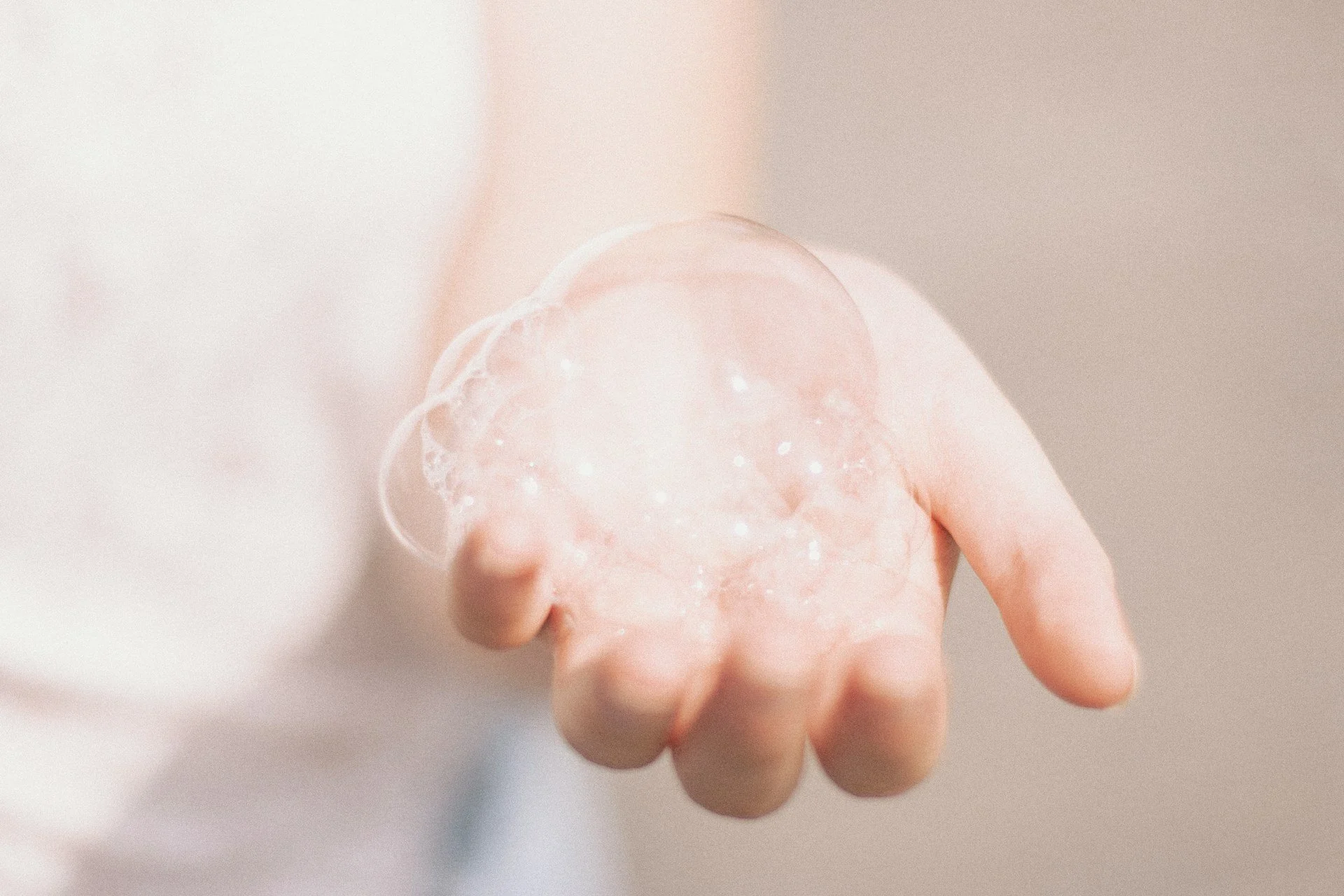10 skincare ingredients to avoid
Navigating skincare labels can feel like reading a foreign language. With so many products on the market promising flawless skin, it's easy to overlook the potentially harmful ingredients lurking in your favourite cleanser or moisturiser. Whether you’re dealing with breakouts, irritation, or just trying to make better choices for your health, knowing what to avoid is just as important as knowing what to use.
Here are 10 common skincare ingredients to avoid—and why you might want to leave them on the shelf:
1. PARABENS (METHYLPARABEN, PROPYLPARABEN, BUTYLPARABEN)
Why to avoid: Parabens are preservatives used to extend shelf life, but they can mimic oestrogen in the body and disrupt hormone function. They've been found in breast tumor tissue, raising long-term health concerns.
2. FRAGRANCE/PARFUM
Why to avoid: "Fragrance" can be a catch-all term for hundreds of undisclosed chemicals. These synthetic scents are a top cause of allergic reactions and can trigger skin sensitivity, headaches, or even respiratory issues.
3. SODIUM LAURYL SULFATE (SLS) AND SODIUM LAURETH SULFATE (SLES)
Why to avoid: These surfactants help products foam, but they’re harsh on skin and can strip away natural oils, leading to dryness, irritation, and even acne in sensitive skin types.
4. PHTHALATES
Why to avoid: Often used to make fragrances last longer, phthalates are endocrine disruptors linked to reproductive issues. They’re rarely listed by name, making them hard to detect without research.
5. FORMALDEHYDE AND FORMALDEHYDE RELEASERS (E.G., DMDM HYDANTOIN)
Why to avoid: A known human carcinogen, formaldehyde can also cause skin irritation and allergic reactions. While rare in modern products, some preservatives still release trace amounts over time.
6. MINERAL OIL AND PETROLATUM
Why to avoid: These petroleum-derived ingredients can clog pores and trap bacteria, potentially worsening acne. While highly refined forms are considered safe, many clean beauty advocates steer clear due to environmental concerns and skin occlusion.
7. ALCOHOL (DENATURED ALCOHOL, SD ALCOHOL, ISOPROPYL ALCOHOL)
Why to avoid: While alcohol can help products feel light and quick-drying, it can severely dry out and damage the skin’s protective barrier, especially with regular use.
8. OXYBENZONE AND OCTINOXATE
Why to avoid: These chemical sunscreens are absorbed into the bloodstream and have been linked to hormone disruption. They also contribute to coral reef damage, making them problematic for the environment.
9. POLYETHYLENE GLYCOL (PEGS)
Why to avoid: Used to thicken and soften products, PEGs may be contaminated with carcinogenic compounds like 1,4-dioxane. They can also irritate damaged or sensitive skin.
10. TRICLOSAN
Why to avoid: An antibacterial agent once common in acne treatments and cleansers, triclosan can disrupt thyroid function and promote antibiotic resistance. The FDA has even banned its use in some products.
While not every product with these ingredients will cause problems for every user, being informed helps you make better choices—especially if you have sensitive or reactive skin. Opting for clean, transparent, and dermatologist-recommended formulations can go a long way in improving your skin health.

